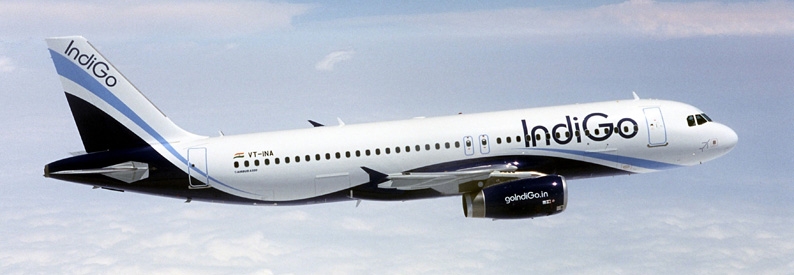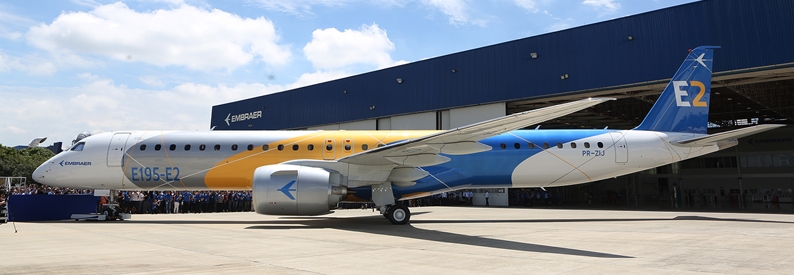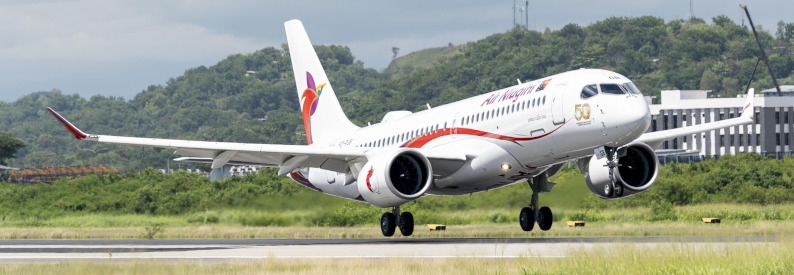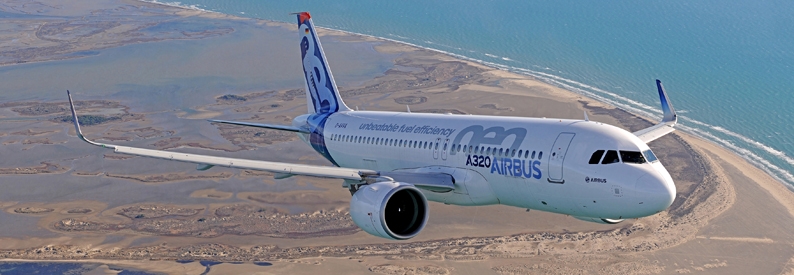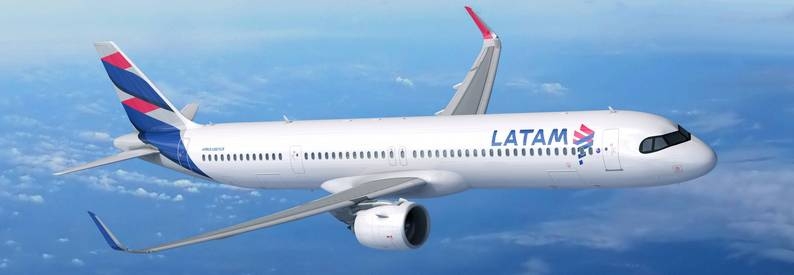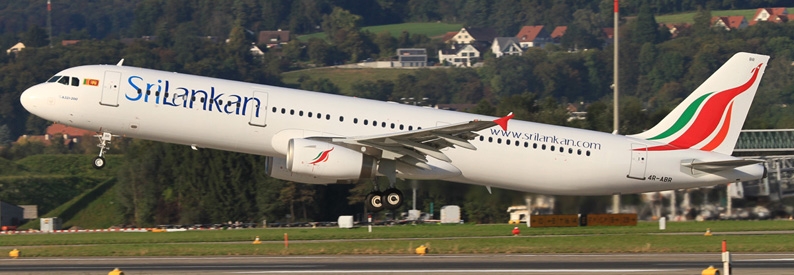Airbus (AIB, Toulouse Blagnac) is likely to suffer additional delays in the delivery of its A321neo and A330neo products given renewed issues in either model's supply chain and assembly lines.
Citing industry sources familiar with developments, Reuters said last week that in the aftermath of the Pratt & Whitney PW1100G debacle, Airbus was also struggling to meet deadlines given the added complexity of assembling A321neo ACF cabins. A spokesman later confirmed to the news agency that the customized new A321neo version had “led to some rescheduling of aircraft deliveries.”
"We had, at the beginning of this year, difficulties that you know about .. with deliveries of engines which have largely contributed to industrial problems that we have now to digest," Airbus President (Commercial), Guillaume Faury said in Hamburg last week.
"There are a lot of airplanes to be delivered end of 2018, beginning of 2019 to recover these delays. This is a deal with quite a lot of complexity in transitioning from the ceo to the neo...and introduction into service of the two new variants of the A321."
Those delays have already had a significant impact on the European aviation industry where on its collapse earlier this month, Primera Air Scandinavia (Billund) blamed delays in the arrival of its A321neo order for its financial distress. It claimed the absence of the fuel-efficient jets had forced it to wet-lease in third-party capacity, at considerable extra expense, in order to cover its transatlantic commitments.
As it stands, Reuters said Airbus has expressed confidence that it will meet single-aisle production goals of 60 aircraft per month by mid-2019, up from the around 55 now. It is also looking at reaching 65 aircraft per month by the end of 2019 with the ultimate goal of completing 70-73 on a monthly basis.
Concerning the A330neo, Rolls-Royce has confirmed it now expects to deliver fewer Trent 7000 powerplants in 2018 than expected.
Last week, Bloomberg cited an internal staff memo that said only 10 Trent 7000 engines would be delivered to Airbus by the end of October, against a target of 30.
In a follow-up statement, the UK-based engine manufacturer said the deficit was due to "early stage production ramp-up challenges" adding that "such issues in the early stages of a new engine program are not uncommon in our industry".
Overall, Rolls-Royce revised downwards its full-year Trent 7000 delivery target of 550 units to 500.
"Our priority has always been to ensure that the Trent 7000 engine meets customer expectations on entry into service and we have seen very good performance attributes during a rigorous testing phase. We continue to work very closely with Airbus and our customers on the details of the delivery schedule," it said. "As we move into 2019 we are confident that Trent 7000 production and delivery volumes will increase significantly to meet our customer commitments."
TAP Air Portugal, the A330-900's launch operator, has previously stated it "hopes" to add at least three aircraft of the type this December.

